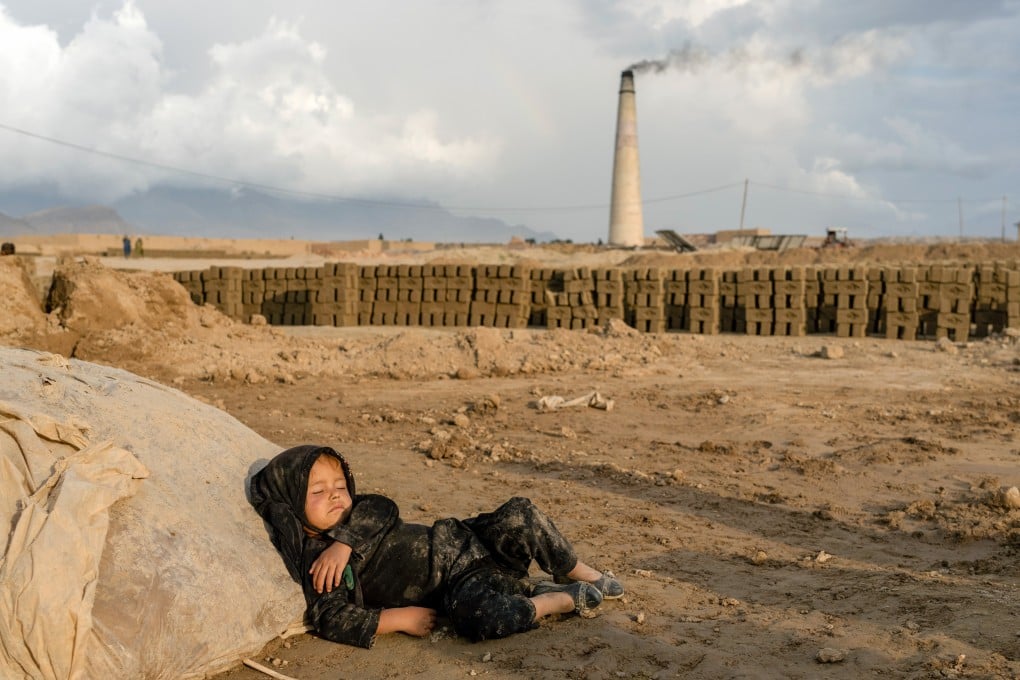Advertisement
Macroscope | If the Afghan economy is improving, it’s no thanks to the Taliban
- Millions are starving amid corruption and incompetence, while women continue to be excluded at great economic cost
- If the Taliban wants sanctions lifted and assets unfrozen, it must be forced to govern responsibly and respect human rights
Reading Time:3 minutes
Why you can trust SCMP
7

The World Bank recently released its Afghanistan Economic Monitor, painting a more optimistic outlook on the country’s economic situation. The report revealed that inflation had stabilised, the salaries of civil servants were now being paid and US$1.54 billion in revenue was collected last year.
Advertisement
This is good news for the Afghans, who have suffered a brutal winter of acute food insecurity and dangerous levels of poverty.
The Taliban pounced on the report, with the Office of the Deputy Prime Minister announcing that if sanctions were lifted and frozen assets released, the country would “make further advancement in various fields to eliminate poverty and provide job opportunities”.
But the report does not necessarily reflect the situation on the ground.
Last month, the UN Office for the Coordination of Humanitarian Affairs reported that 28.3 million Afghans will need urgent humanitarian help to survive this year. This includes 17 million people facing acute food insecurity, with an estimated 6 million at emergency levels, one of the highest figures in the world.
Advertisement
The International Rescue Committee estimates that 97 per cent of Afghanistan’s population is at risk of poverty, with over half heavily reliant on humanitarian aid. About 91 per cent of the average Afghan household budget is spent on food, forcing families to ration, or worse, sell their children.

Advertisement
